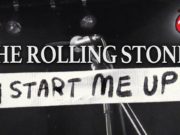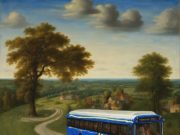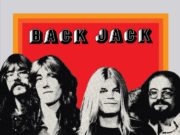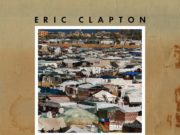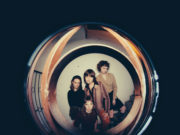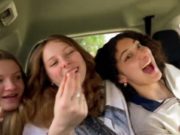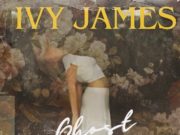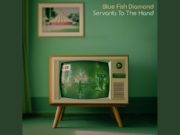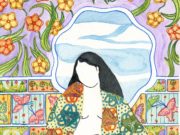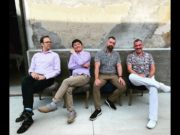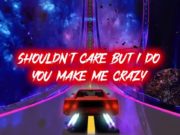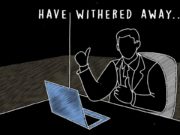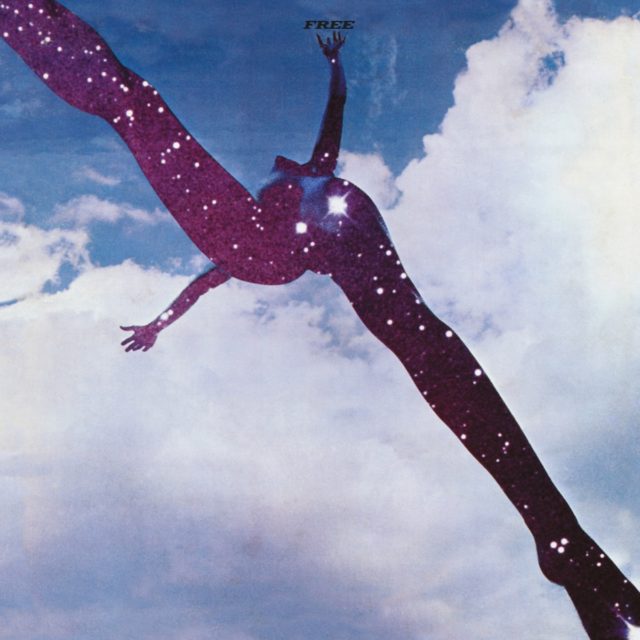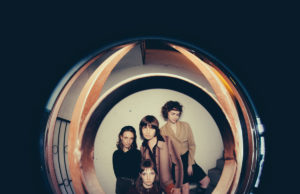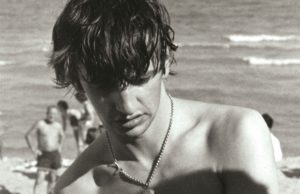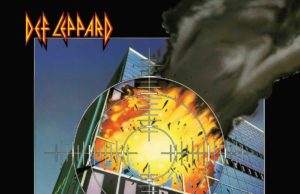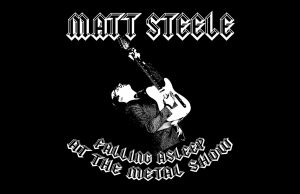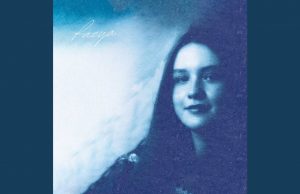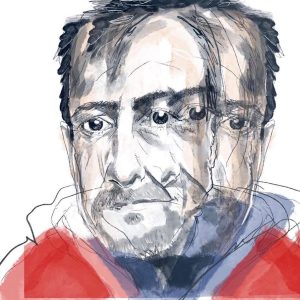 Once again I am indebted to Spotify’s algorithm — this time for throwing Free’s song Trouble On Double Time into my ears. I actually had to make sure it wasn’t some other band called Free, and not the one I knew for All Right Now and … well, nothing else, really. This despite the fact that I actually own the album All Right Now is on, 1970’s Fire And Water.
Once again I am indebted to Spotify’s algorithm — this time for throwing Free’s song Trouble On Double Time into my ears. I actually had to make sure it wasn’t some other band called Free, and not the one I knew for All Right Now and … well, nothing else, really. This despite the fact that I actually own the album All Right Now is on, 1970’s Fire And Water.
Trouble On Double Time got added as a “liked song” after only 25 seconds or so. And then shared with a pal of mine. Hearing great music by bands I thought I was familiar with, but apparently wasn’t, is one of my favourite things. This whole record — the band’s second — is almost flawless and has one song which I honestly listened to around five or six times in a row.
Let’s mention something weird right off the bat: The cover artwork. Holy gawd, does it ever look like Solar Power by Lorde.
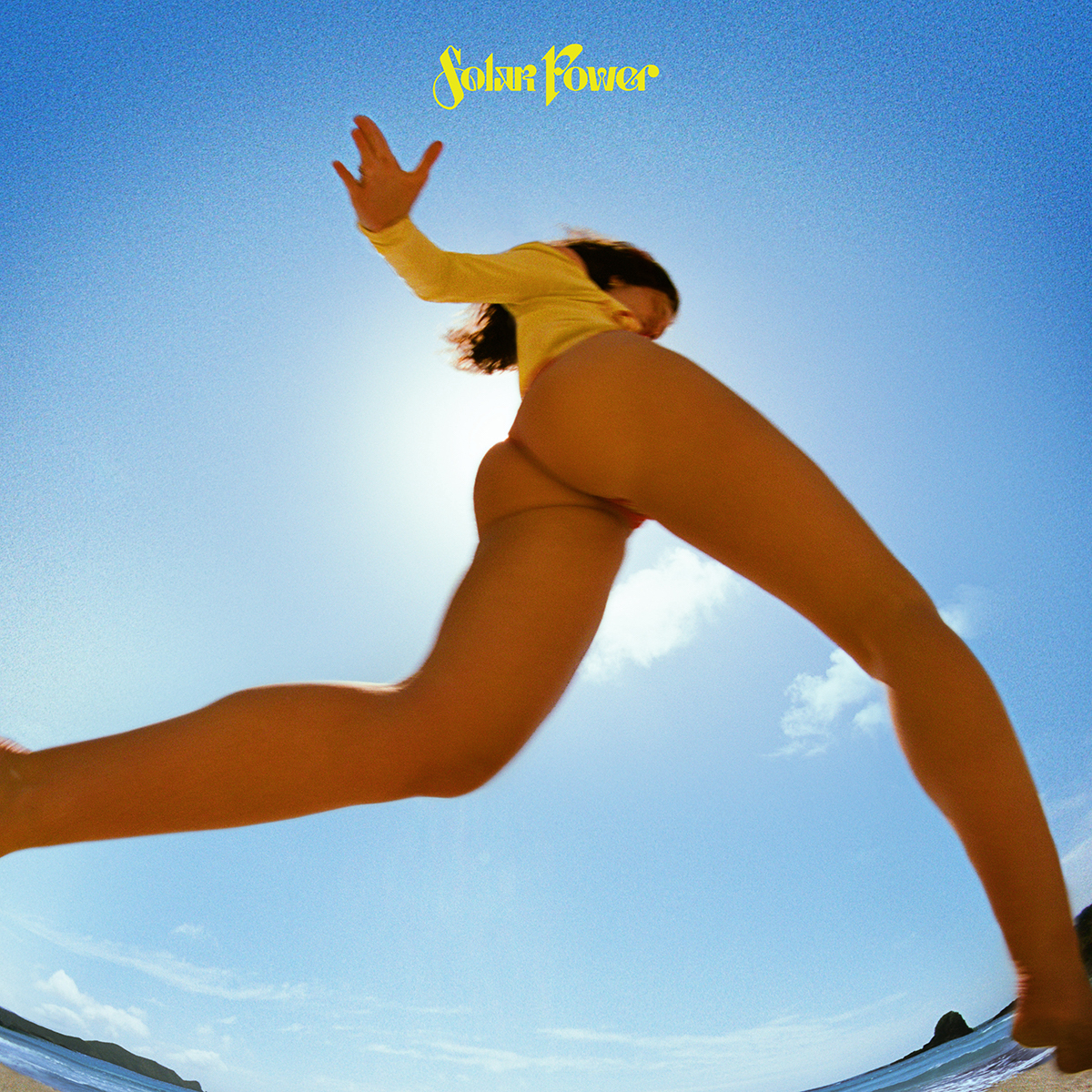
I’ve had an opportunity to listen to almost all of Free’s discography. There is nothing in it as good as this eponymous second studio album, which came out in October 1969 — seven months after their debut Tons Of Sobs. Of their six studio albums, the debut is the one most similar to this excellent album. It’s a bit bluesier.
There’s some very obvious parallels with Led Zeppelin. Both bands were formed in London in 1968. Both released two albums in 1969. Both did versions of The Hunter on one of those albums, except Zeppelin called theirs How Many More Times. The song was only a year old, originally put out by Albert King, backed by Booker T. And The M.G.’s. It was chosen as a single as well — but flopped. Just goes to show that chart success has nothing to do with the quality or long-term popularity of a song. Not only did Zep and Free cover it in 1969, but Ike and Tina Turner did as well — even named their album The Hunter to boot.
The similarities don’t stop there: Both Free and Zeppelin initially featured a frontman vocalist (Paul Rodgers / Robert Plant), a sole guitarist (Paul Kossoff / Jimmy Page), a bass player (Andy Fraser / John Paul Jones) and a drummer (Simon Kirke / John Bonham). After the breakup of Free in 1973, Rodgers and Kirke’s new band Bad Company signed with Led Zeppelin’s new label Swan Song. After Bonham died, Rodgers and Page were in The Firm together.
The eponymous 1969 Free album opens with the banger I’ll Be Creepin’, which was one of two tracks issued as singles. It flopped. The whole album did. Perhaps audiences had too many similar acts to choose from. The top albums of 1969 included Led Zeppelin II, Abbey Road, Let It Bleed, Tommy, Led Zeppelin I and Janis Joplin’s I Got Dem Ol’ Kozmic Blues Again Mama!. Two of those acts played Woodstock.
In any case, Creepin’ is an excellent album-opener, well-recorded by producer Chris Blackwell, who founded Free’s label Island Records and signed the band. It’s hard to say which rhythm guitars were performed by Fraser, but Kossoff’s leads are easily distinguishable. He’s commonly considered among rock’s greatest guitarists. What I enjoy about his performances is they are very genuine-sounding and expressive rather than showy. Not unlike Fleetwood Mac’s Peter Green, but with a different feel. Creepin’s only flaw is that it fades out — I hate fades, and besides, it seemed poised to keep ripping along.
Next up is Songs Of Yesterday — a mid-tempo blues number with awesome Bo Diddley maracas and a great live-off-the-floor feel. Rodgers has the ability to sound like several different kinds of vocalists. Here he’s easily comparable to good-period Rod Stewart.
And now on to my favourite song on this record, Lying In The Sunshine. This is a lazy, cool, slacker-sexy blues ballad. The guitar phrasing and feel is off-the-charts magnetic. The chorus — good lord, with its descending lines and backing vocals. Gorgeous. Rodgers sounds nothing like Rod Stewart here. His phrasing actually reminds me of John Grant. See if you think so, too. I love both these and they’ll live together in my head now, forever.
Lying In The Sunshine is the track I listened to five or six times in a row. It’s followed by the song which brought me to this record, Trouble On Double Time. This is as good a riffy, slightly funky blues rock song as you’re going to find. I love the piano in it, played by Fraser — the band’s multi-instrumentalist, who was just 15 when he co-founded Free in 1968. Fraser and Rodgers wrote the whole record.
I can’t stress enough the feel of the performances on this album. They feel real. Genuine, unembellished, raw, immediate. Like a real band. No studio tricks or black arts. It’s very refreshing and exciting. The production and performances on Trouble On Double Time make you feel like you’re on the other side of the glass watching the band lay it down. You can almost smell cigarettes. It’s so completely without pretension.
The next track, Mouthful Of Grass, is an almost unspeakably beautiful way to close the first side of the record. Slow, warm and endearing — it’s an instrumental with just “ahhhh” vocals by Rodgers and the supremely talented Fraser. He quit the band in 1972 before the recording of Free‘s final album. Fraser formed the band Sharks, which put out one album in 1973. He then had a fairly unremarkable period fronting the Andy Fraser Band and making a handful of solo albums. His greatest success came when he emigrated to the States to work primarily as a California-based songwriter for others. He wrote Every Kinda People, which was recorded by Joe Cocker in 2004 and Robert Palmer in 1978. He also wrote Any Old Sunday for Chakka Khan in 1981. Artists including Paul Young, Wilson Pickett, The Gap Band and (yep) Rod Stewart also recorded versions of Fraser-penned or co-written songs.
Side 2 begins with the well-chosen opener Woman. This is another mid-tempo half-time blues groove built around a simple guitar lick. There’s lots of space in it, courtesy of Fraser’s riff-following bassline — rather than a standard blues run which would have made it horribly dated. For those who love pure, vintage tone… the guitar solo. OMG.
The next one is positively hypnotic. It’s so slow. Like Soundgarden, Black Sabbath slow. Free Me has slight fluctuations in pace because there’s clearly no click tracks here. No cutting and pasting of parts. It’s so dark. Enthralling.
Broad Daylight comes next, and is a much more standard blues number — but still not boogie. The guitar solo in this song is a lesson in feel and not at all self-indulgent. In fact, to say Kossoff was not a showoff is a massive understatement. The justified praise heaped on him for his talent and approach made him profoundly uncomfortable. This sent him deeper and deeper into drug addiction, making him more and more unreliable as a bandmate. Ultimately, this is apparently what led Fraser to quit the band. Rodgers has said, poignantly, that Kossoff was “too sensitive for this world.” The tragedy is it is probably this sensitivity which made him such a spellbinding musician.
There is some nice work on the album closer Mourning Sad Morning, but I don’t care for this one — the flute in particular makes it rather dated. It’s also a bit boring. Otherwise, this album is damn near perfect. The only one in their discography you can say that about.
4/5
• • •
Area Resident is an Ottawa-based journalist, recording artist, music collector and re-seller. Hear (and buy) his music on Bandcamp, email him HERE, follow him on Instagram and check him out on Discogs.


